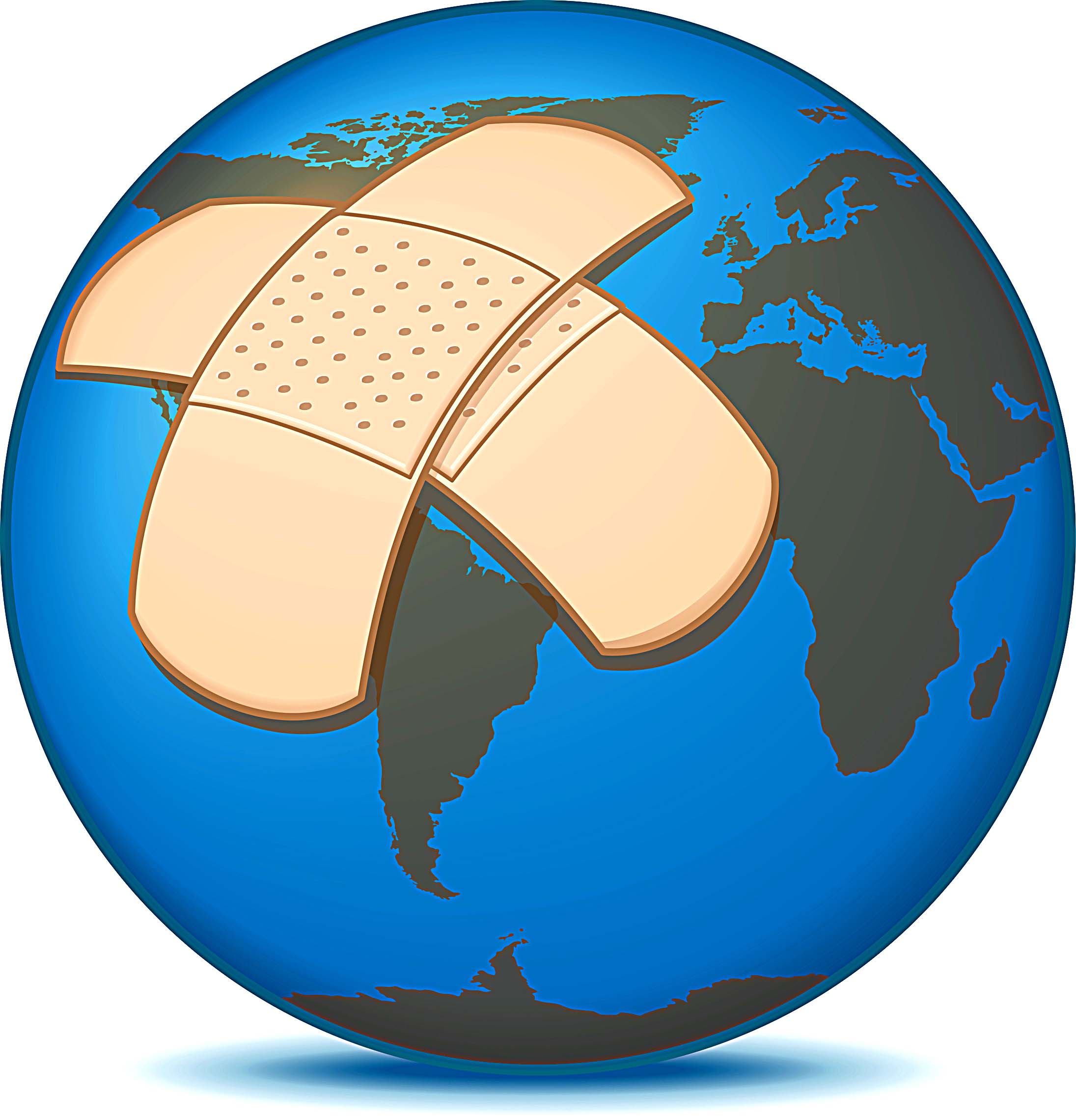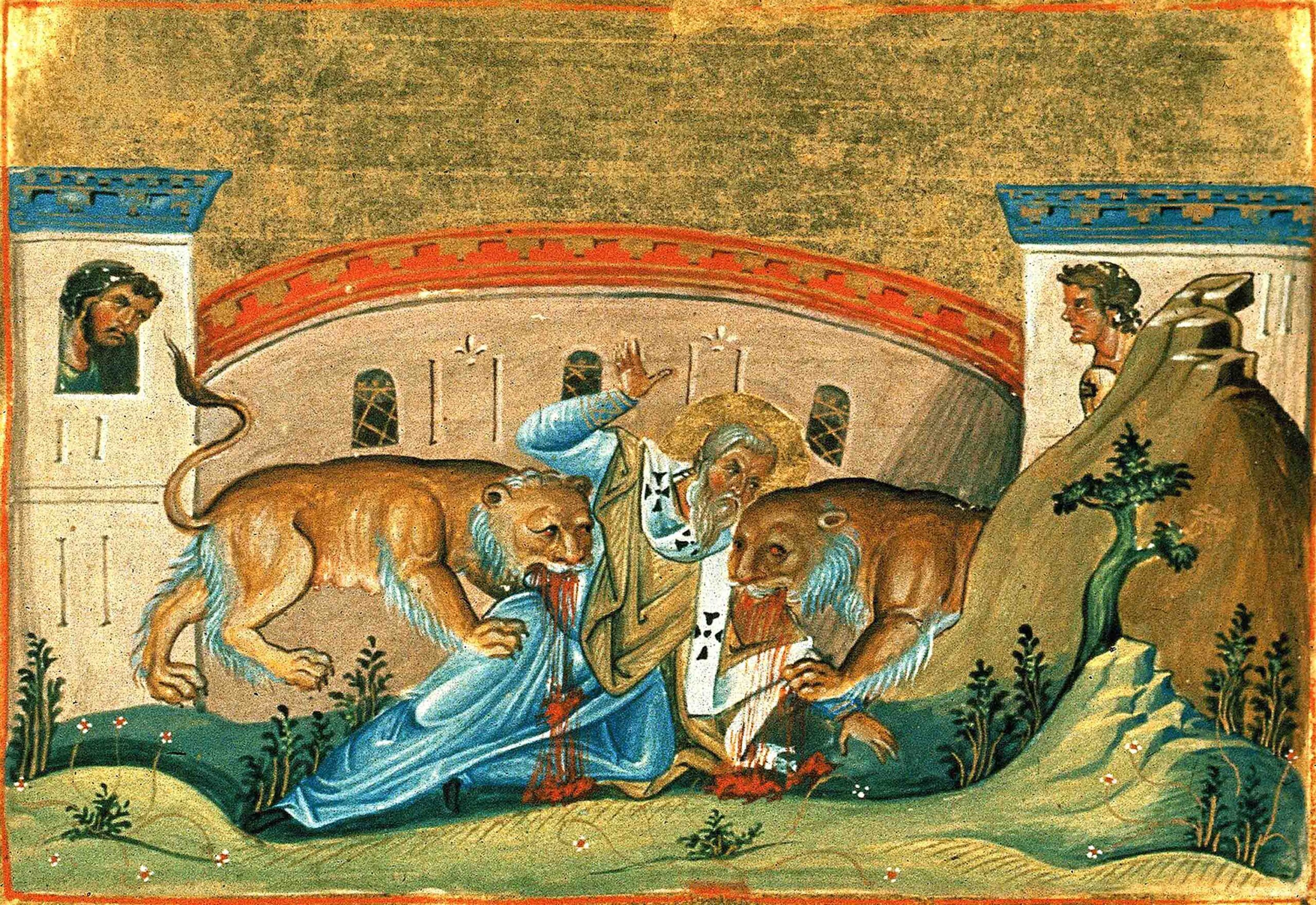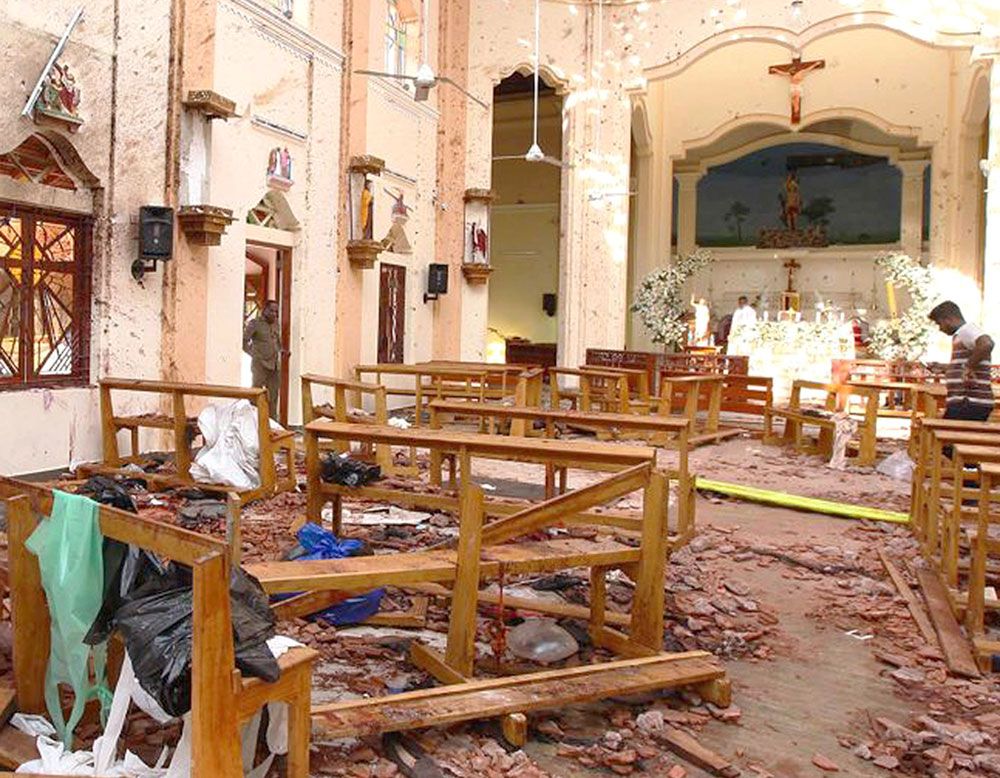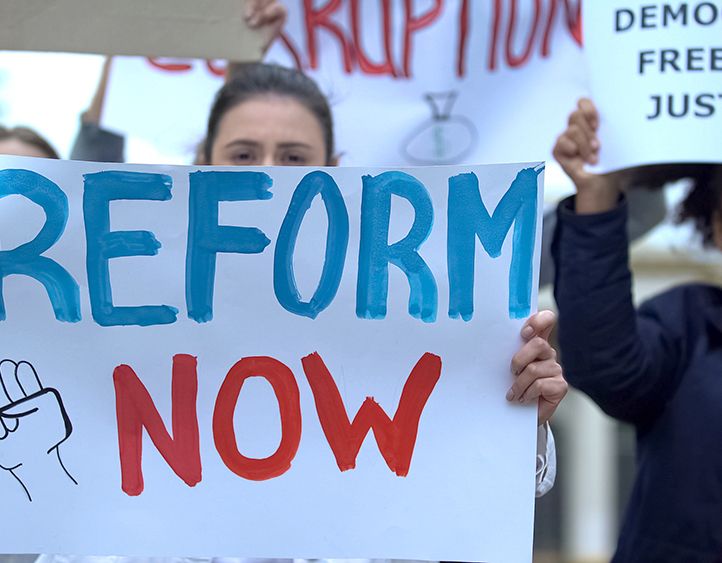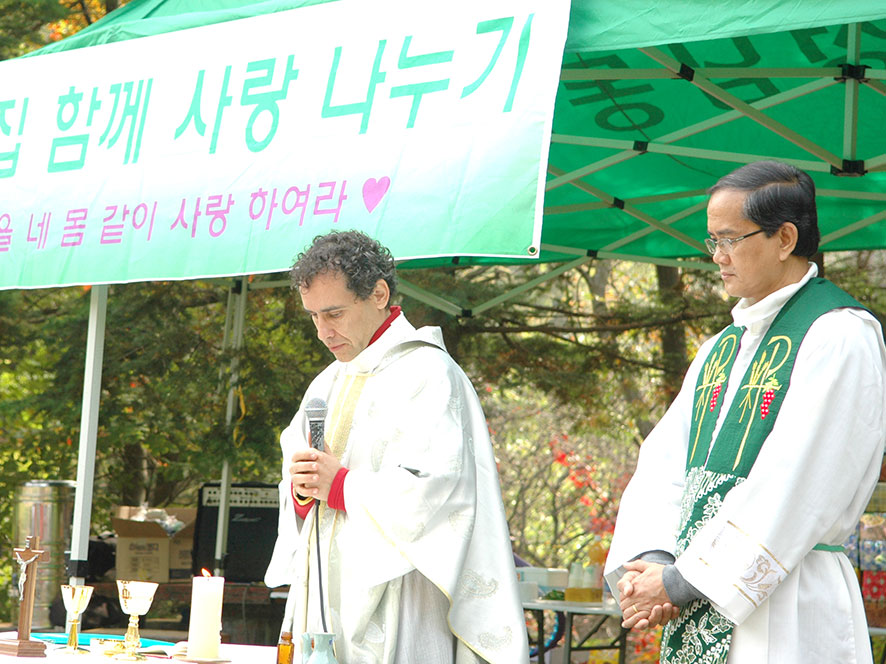The Second Vatican Council (1962-1965) brought about major changes in how people lived their Catholic lives. It reflected, among other things, on how religious life was lived. In n. 2 of the Decree on the Appropriate Renewal of Religious Life, the bishops outlined two simultaneous processes that needed to occur for religious congregations. One involved a return to the original inspiration behind the setting up of a given community. The second involved an adjustment of the community to the changed conditions of the times. Understanding the ‘signs of the times’ was a central dimension of the Second Vatican Council.
One of the most significant achievements of the past few centuries is the excellent flowering of rational enquiry, resulting in a better understanding of the natural world. This new perspective, which emerged painstakingly from the scientific understanding of the natural world, challenges all human beings, especially religious people, to move from an anthropocentric (exclusively human-centered) to a biocentric vision of creation. This is why we now speak of the earth as the common home for all creatures.
During the last two centuries, people have begun to use fossil fuels for industry and transport. They began first using coal and then moved to oil and gas. Unfortunately, these fossil fuels give off carbon dioxide, which increases the planet’s temperatures and creates extreme weather in many places.
2023 WARMEST YEAR
2023 was the warmest year on record for planet Earth. It led to extreme weather in many parts of the world, including droughts, flooding, heatwaves, and wildfires, which killed people and destroyed many natural habitats. 2023 also saw the beginning of the El Niño weather phenomenon which meant that the temperature in July and August in many areas reached 1.5 digresses above pre-industrial levels during the 19th century.
In 1992, the United Nations set up a yearly meeting of the countries, and the aim was to discontinue the use of fossil fuels. This annual meeting called the Conferences of the Parties (COP), met in Paris in 2015 and set a limit of 1.5 degrees above preindustrial levels to combat climate change.
The most recent COP28, held in Dubai in The United Arab Emirates, concluded on December 13, 2023. Sultan Al-Jaber, president of the United Arab Emirates and president of the national oil company, was also the president of COP28. Before the meeting, it was reported that he and other oil exporting nations had intended to use COP 28 to sell their oil rather than move quickly to alternative sustainable technologies. Still, COP28 has moved the world a little closer to tackling the problem of climate change, even though it is very late in the day.
The destruction of biodiversity is one of the major issues facing our planet today. The biggest culprits are exploding human numbers and unsustainable consumption by people in the developed world. Human activity continues to encroach on natural environments, thereby destroying the habitats of countless species. As our numbers increase, cities, infrastructure, and cropland grow and merge.
We are now living in the 6th largest extinction of species. Within a hundred years, we could cause the extinction of one million species. The last time such damage was done to the earth was 252 million years ago.
I spent seven years studying for the priesthood in Dalgan Park, County Meath in Ireland. I studied philosophy, theology, scripture, canon law and anthropology. In those years in the seminary, I never heard a single talk on trees, wildflowers or grasses. The same was true in every seminary be they in China, South Africa, Latin America, or the Philippines. It was considered that the natural world had nothing serious to offer to our spiritual lives.
NEW LITURGIES
This negative attitude to creation is also present in our liturgy and our Missal. After the Council of Trent the post-communion prayer of the Sunday in Advent read-Domine, doceas nos terrena despicere, et amara celesta. (Lord, teach us to despise the earth and to love the things of heaven). The present post-communion for Advent is only slightly better. It prays that we judge wisely the things of earth and love the things of heaven.
So, one of the first things we must do is to educate ourselves and to study the natural world, our common future in our own area of the world. We must then introduce the natural world into our liturgies. Many elements of the natural world could be introduced into the Preface of our Sunday celebration of the Eucharist. Other liturgies could follow suit. The Pope and the Bishops must allow us permission to develop new liturgies which address these very important issues.
Finally, Pope Francis, in the very important encyclical Laudato Si’- On Care for Our Common Home challenges us to do all we can to protect our common home. (n. 13)









